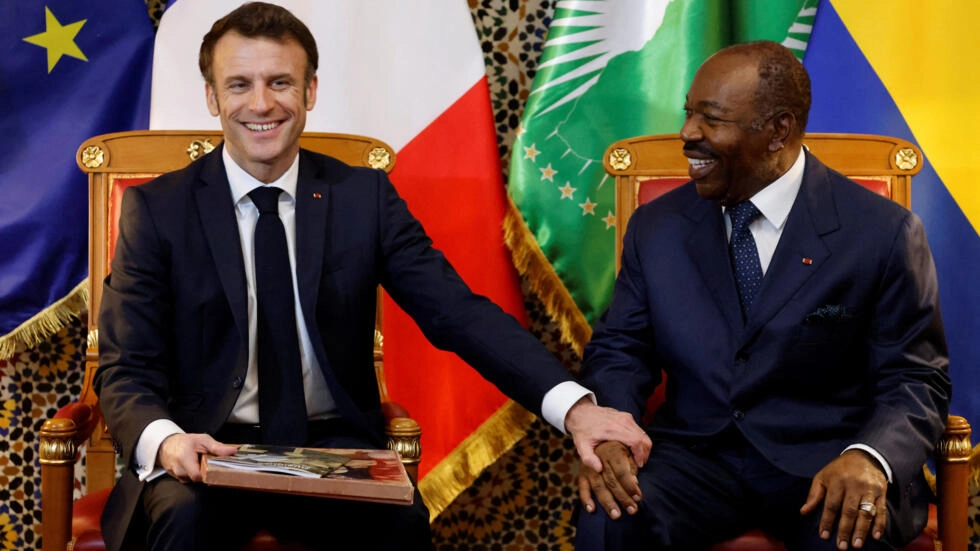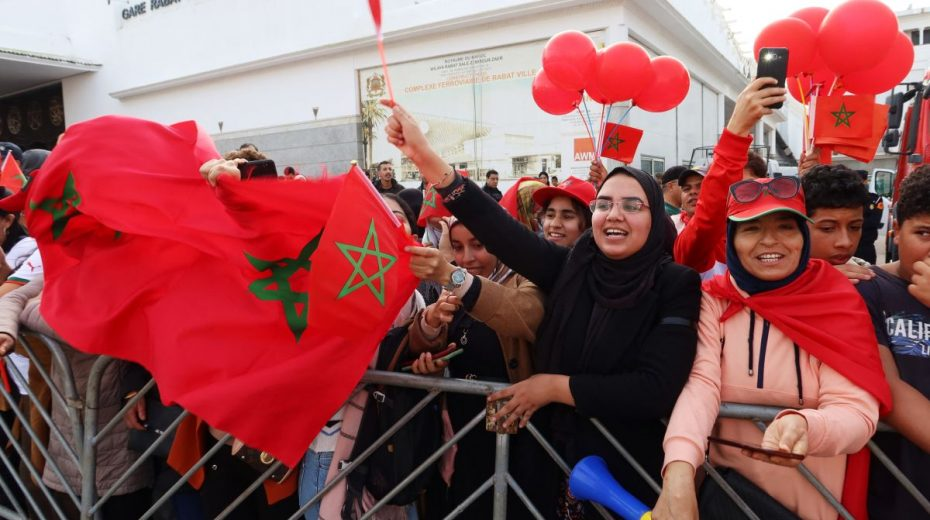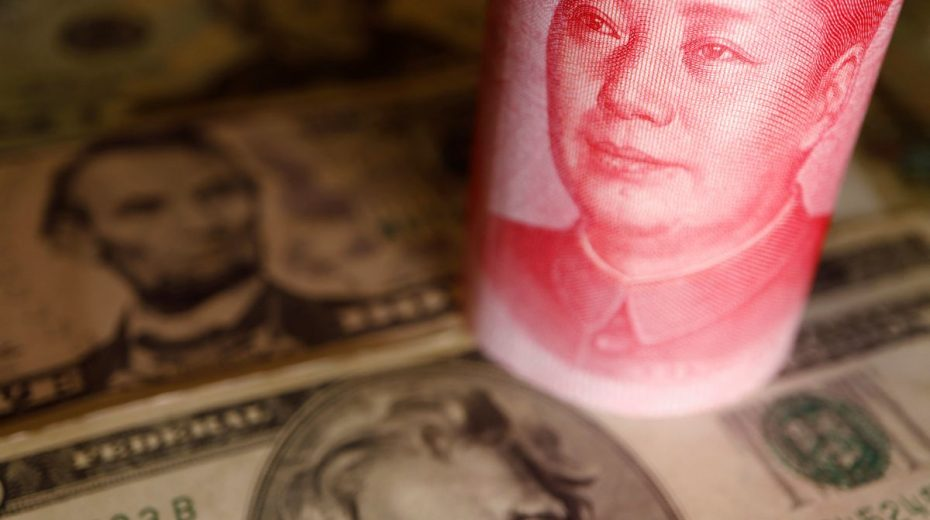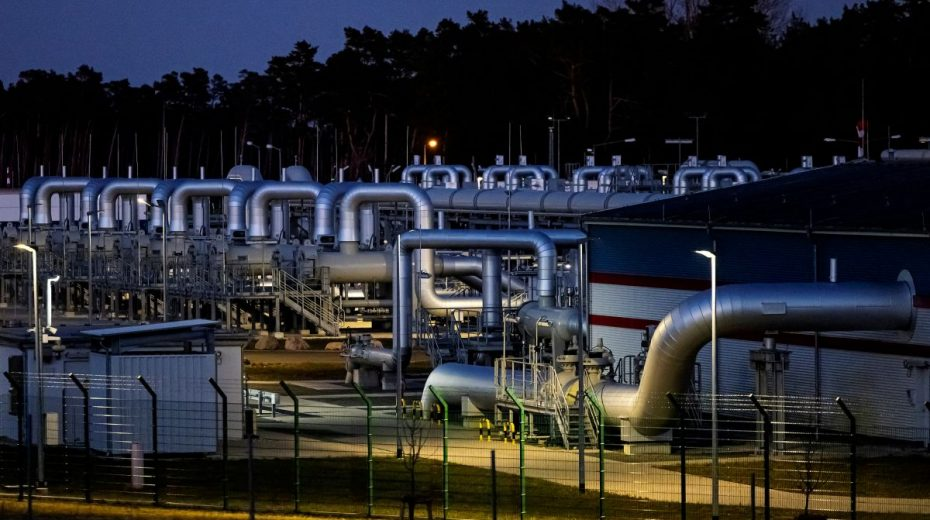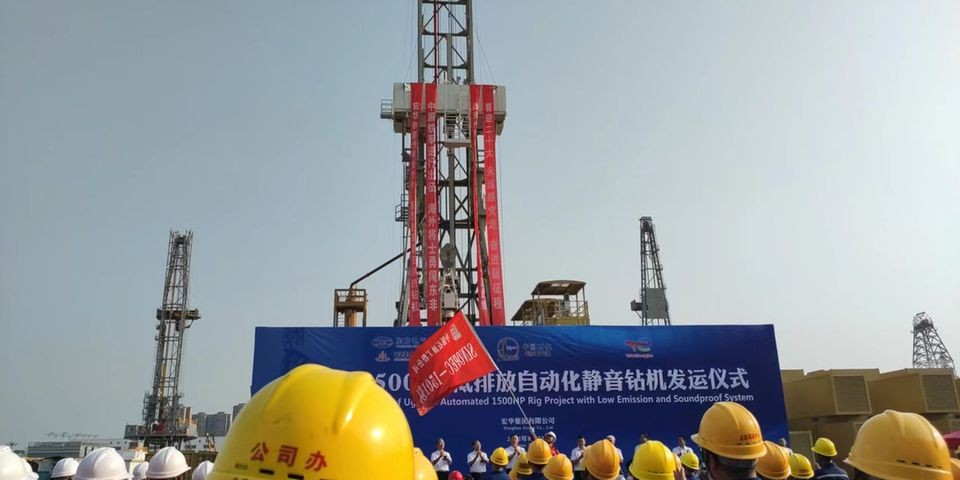A moment of opportunity: Can the UN’s new special representative for Libya break the country’s cycle of devolution?
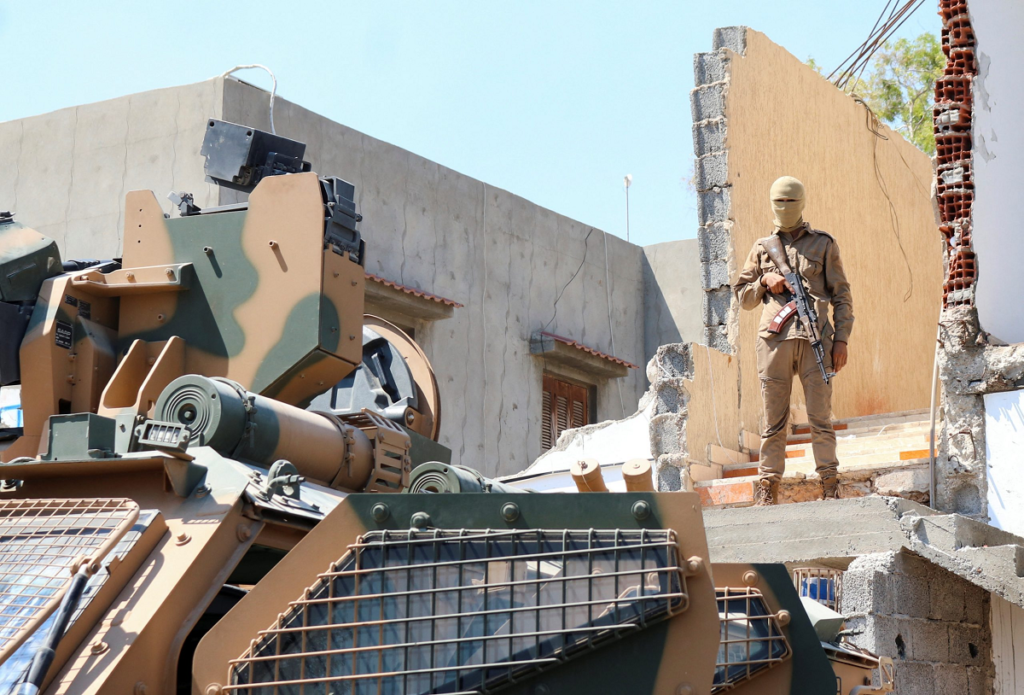
While a precarious ceasefire has uneasily prevailed in Libya since the end of its third bout of civil war in 2020, the country is increasingly showing signs of an eventual relapse into conflict today. This may be why many policymakers were quick to hail as a breakthrough the appointment of Senegalese diplomat Abdoulaye Bathily as the Special Representative of the Secretary-General (SRSG) for Libya and head of the United Nations (UN) Support Mission to Libya in September. After two months into the job, SRSG Bathily may be quickly realizing that Libya’s war never abated, and that it is now simply fought by other means in the halls of the UN and corridors of foreign capitals.


